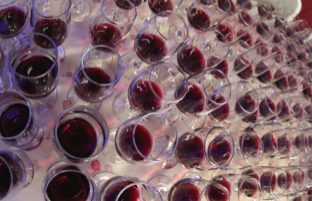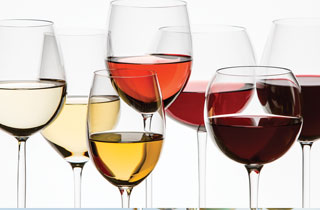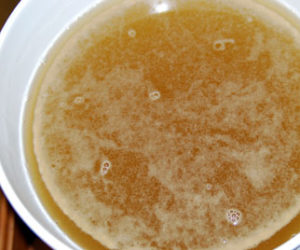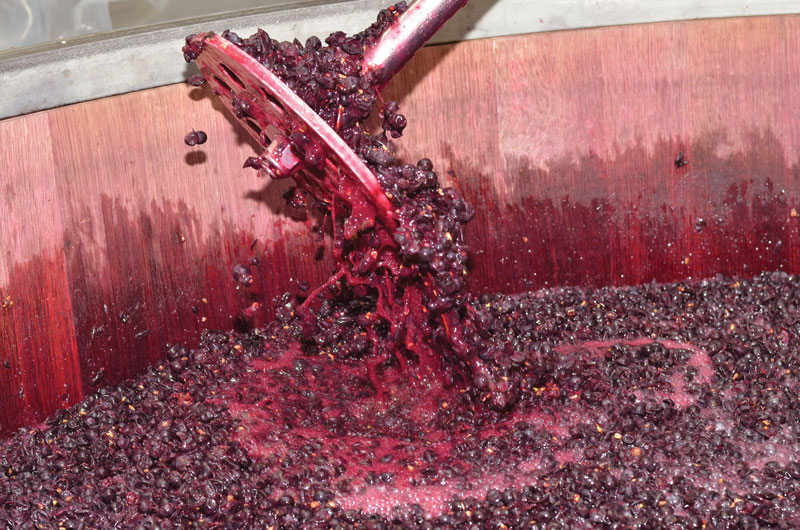 The recurring theme from beginning winemakers and drinkers that I hear most often is about connoisseurship. Sometimes it’s an apology, sometimes it’s a disclaimer, but people seem to reflexively want to confess their level of wine knowledge. If I had a nickel for every time I heard, “Well, I’m not a connoisseur . . .” I probably wouldn’t be able to lift the bag of coins I accrued.
The recurring theme from beginning winemakers and drinkers that I hear most often is about connoisseurship. Sometimes it’s an apology, sometimes it’s a disclaimer, but people seem to reflexively want to confess their level of wine knowledge. If I had a nickel for every time I heard, “Well, I’m not a connoisseur . . .” I probably wouldn’t be able to lift the bag of coins I accrued.
But what exactly does that word “connoisseur” mean? It’s from the French word connaître, “to know something.” In the 20th century it’s been used to indicate someone who has a great deal of knowledge about art, cuisine or wine, or someone who is an expert in matters of taste. But a couple of hundred years ago it meant, roughly, “someone who likes stuff” — or pretends to.
There’s a great quote from Giovanni Morelli, who wrote, “. . . art historians, on their side, disparage the connoisseurs, and only look upon them as the drudges who collect materials for them, but who personally have not the slightest knowledge of the physiology of art.”
I have a much more useful definition of a connoisseur that I use all of the time: A connoisseur is someone who knows what they like, and what they don’t like, and avoids the latter while pursuing the former with pleasure. If you have a preference between two wines, then you are instantly a connoisseur, fully equipped to enjoy your knowledge and share it with others.
Yes, you could take a sommelier course or some other sort of formal wine tasting program — I’ve done that myself. But the greatest learning experience of my life came from a period of self-directed study — sort of. Back in the 80s my wife and I both had good jobs, and a situation with very low living expenses. Normally-brained people would probably have saved for the future, bought real estate or something else sensible. We drank wine.
It was a glorious time: we knew a little bit about wine and got some books and subscribed to some magazines, read reviews and went out and bought the wines we were interested in. We cellared a few but mostly we just drank them. Some were amazing, some were disappointing and some were downright transcendent, like the Vosne-Romanée Burgundy that changed my life.
We didn’t just drink them, though: we talked about them incessantly, argued food pairings, criticized ripeness and alcohol, mocked reviews (and reviewers), shared them with friends and had dinners and parties focusing on every aspect of wine and wine appreciation. We didn’t start out as experts of any kind. We were a couple of people who were figuring out which wines we liked and zestily pursuing them, learning as we went. The only tool we started with was knowing our own minds, and with that we refined how we thought about the things we liked in the wines we were drinking.
All of these years later I love to hear what people think of the wine they are drinking, and I have never heard an opinion about wine that was wrong. Sure, I’ve heard a lot of opinions that didn’t jibe with mine, or that I didn’t agree with, but just because I thought differently that doesn’t make me right. One universal truth is that any wine you like to drink is a good wine, and my or anyone else’s opinion can’t change that.
No matter where you are on your journey of enjoying wine, never forget that you started off from the beginning as a connoisseur, and the only way to leave that path is to drink wine that you don’t like, something I’m sure you’re not going to start doing now.






